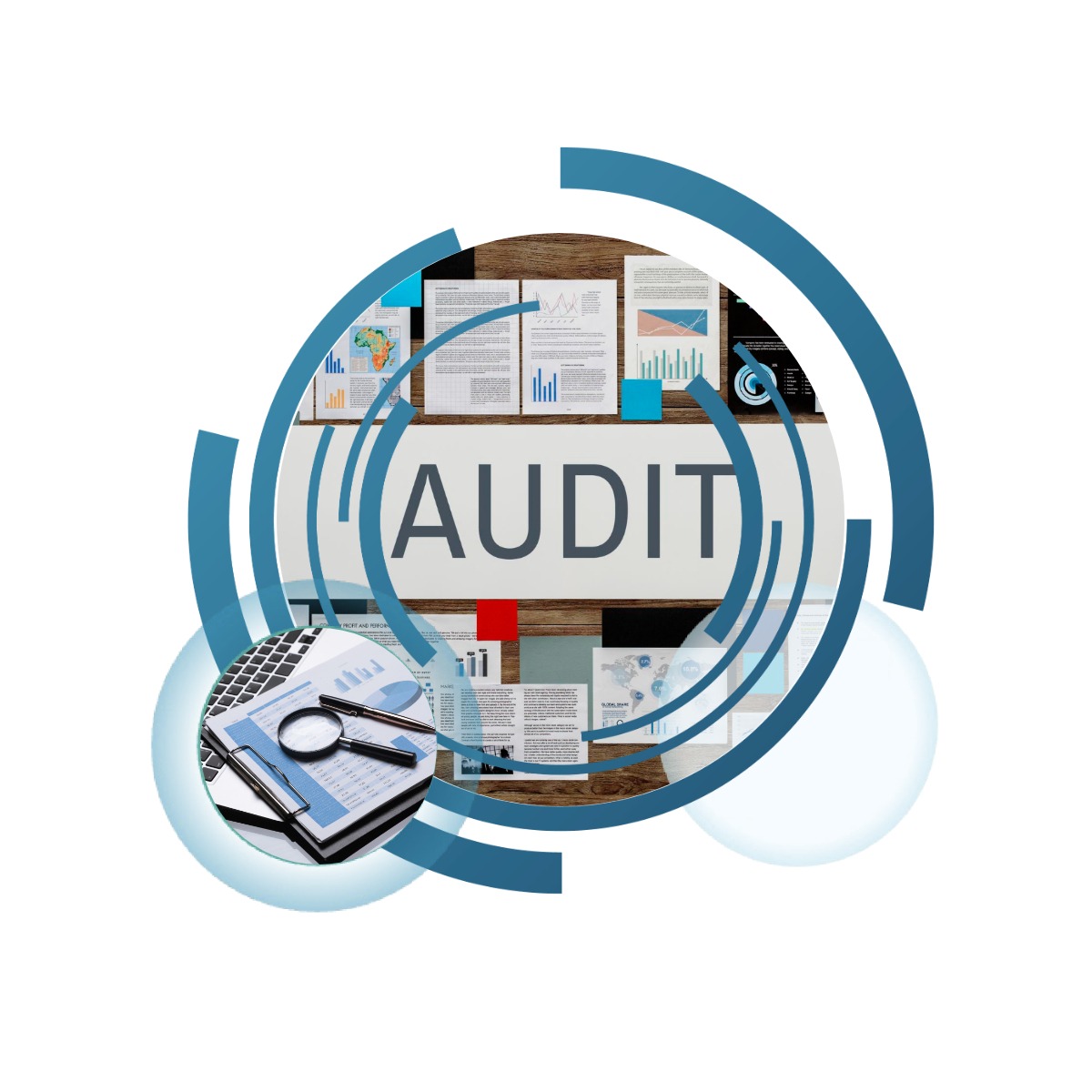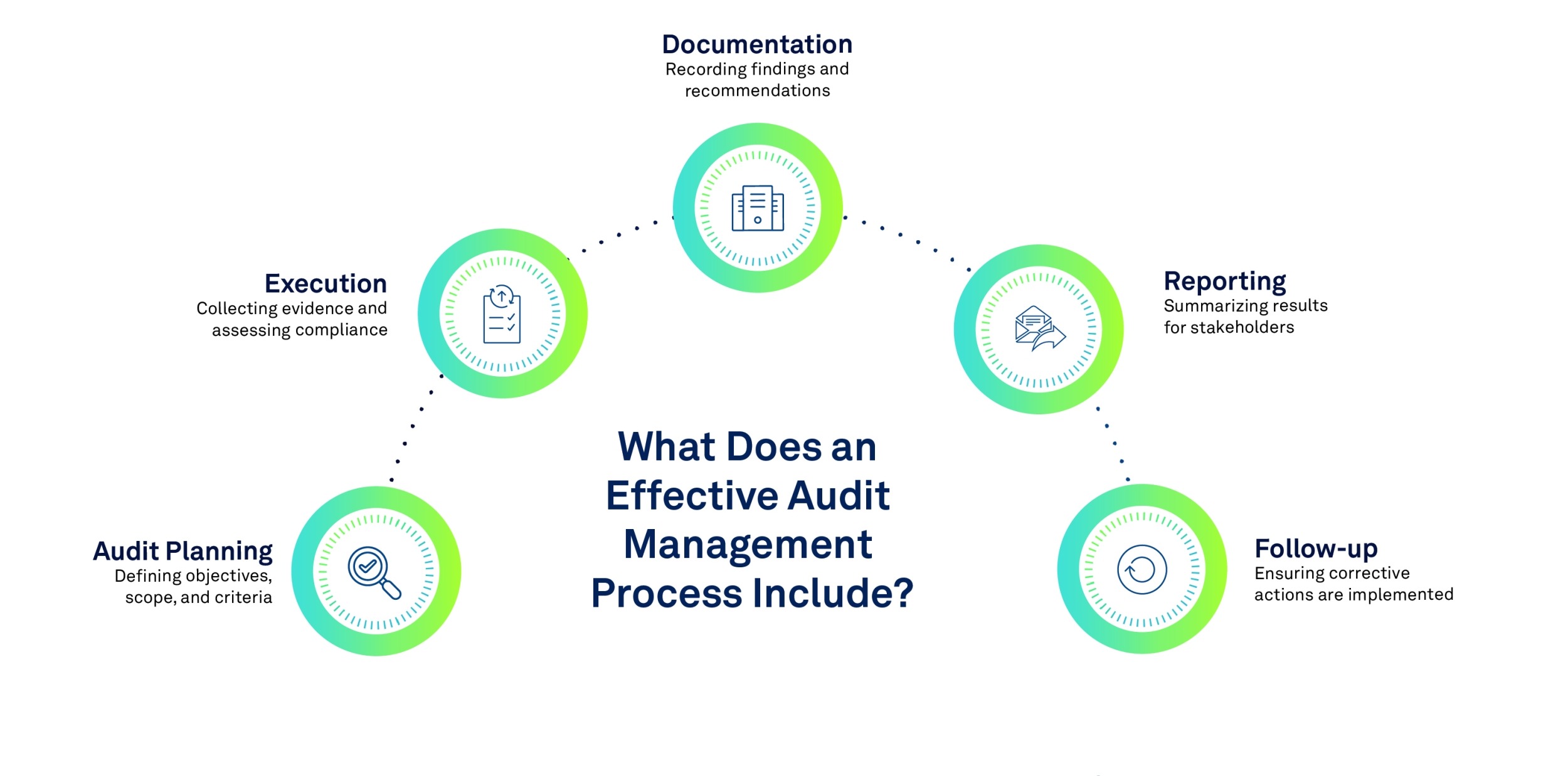Audit Management Definition
What is Audit Management?
Audit management is the process of verifying, inspecting, and overseeing the set of established procedures required to carry out an audit. Audits comprise several stages, including preparation, execution, reporting, and follow-up. An audit management strategy helps to organize audit planning and prevents organizations from becoming overwhelmed.
Audit management also helps organizations meet compliance requirements and manage risk. It helps to identify areas of vulnerability and risk and evaluate the effectiveness of processes designed to mitigate potential risks.


